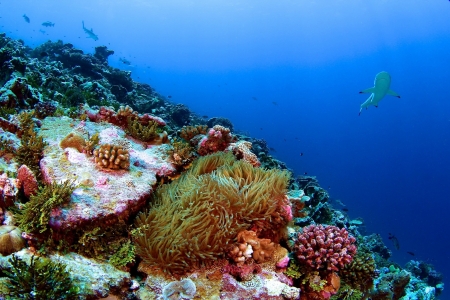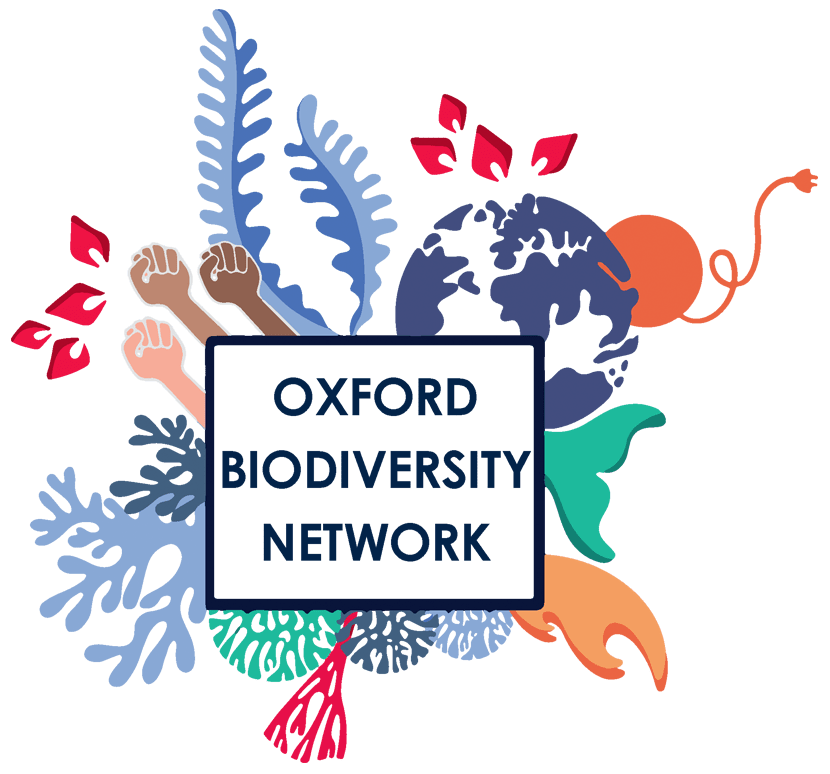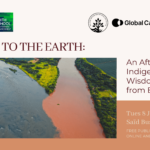Learning from some of the world’s most remote coral reefs
Gareth Williams
- Start Friday 02 Jun 2023 4:15pm
- Finish Friday 02 Jun 2023 5:15pm

Tropical coral reefs currently face an unprecedented restructuring since their extant form and function emerged ~24 million years ago in the early Neogene. They have entered the Anthropocene— an epoch where humans have become the dominant force of planetary change. Human impacts on and interactions with coral reefs are escalating across multiple trophic levels and scales and it is challenging to isolate the effects of human impacts from the effects of more natural oceanographic and climatic drivers of coral reef ecosystem state. Here I will discuss some lessons learned from studying some of the most remote coral reef ecosystems on Earth, many of which lack direct human impacts and therefore provide key replication at the unimpacted end of an intact-to-degraded ecosystem spectrum. By comparing and contrasting these more intact systems to those exposed to chronic human-induced change, I will discuss natural drivers of variation in reef ecosystem state, how humans alter and decouple natural biophysical relationships on coral reefs, and finally how this disruption in some cases appears to be resulting in novel coral reef configurations in this era of rapid change.
Gareth is a marine ecologist specialising in coral reef ecology. His work focuses on the interaction of organisms with their environment, often taking a macroecological approach. He is particularly interested in how human activities and natural biophysical gradients interact to drive community patterns across multiple trophic levels (microbes to sharks) and scales (individual reefs to entire ocean basins). Much of his work incorporates remote coral reefs free from direct human impact, providing key replication at the unimpacted end of an intact-to-degraded ecosystem spectrum. By surveying across extensive geographical areas he addresses broad questions pertaining to: 1) the human, climatic and oceanographic drivers of coral reef ecosystem structure and function, 2) climate change impacts to coral reef ecosystems, 3) the spatial ecology of coral reefs, and 4) disease dynamics on coral reefs. He has visited more than 50 tropical islands across the Pacific and Indian Ocean, including some the most remote on earth and conducted more than 3000 dives as part of his research to date.


